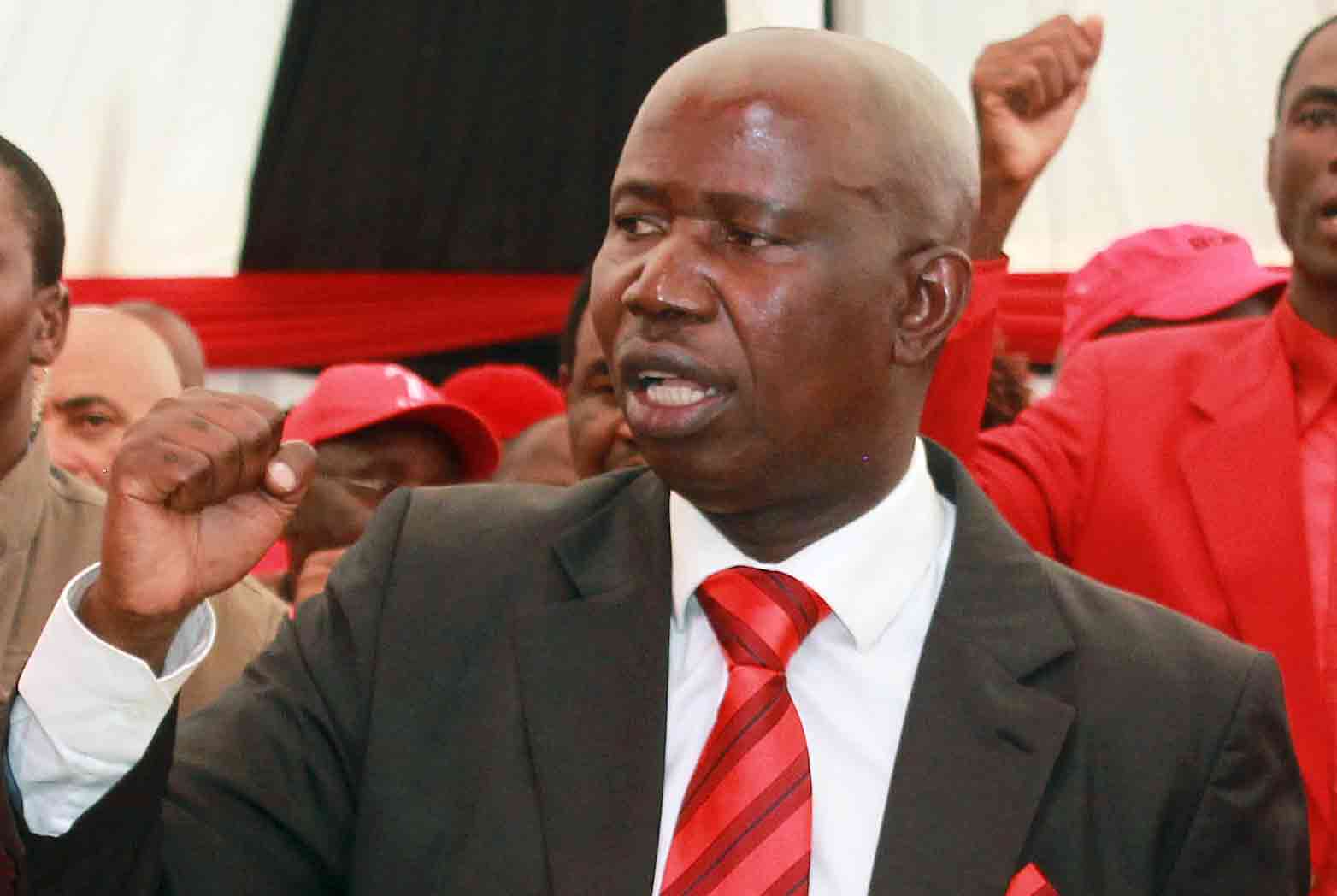GAZETTE REPORTER
By electing to voluntarily apply for the judicial management of his companies Tati East Member of Parliament (MP) will strategically avoid paying millions of Pula his company acquired as loans from government owned financial institutions, Citizen Entrepreneurial Development Agency (CEDA) and Botswana Development Corporation (BDC).
Guma has applied for a voluntary judicial management of his United Refineries Botswana – a cooking oil manufacturing plant situated outside Francistown, last week. Guma owns the company together with partners Tiedze Chapi, Mmoloki Tibe and Nimesh Shamani. The application mere days after the Botswana Unified Revenue Services (BURS) commenced investigations into the company and its directors on allegations of tax evasion among others.
Moyo Guma is also being sought to account for his dealings with CEDA (Citizen Entrepreneurial Development Agency), BDC (Botswana Development Corporation) as well as the finances of his multi-million pula cooking oil manufacturing plant in Francistown.
The Botswana Gazette has learnt that the DCEC is also seeking to reopen a past investigation into him that had led to millions of pula being frozen, before they were released to him after protracted court proceedings.
Guma has sought judicial management of United Refineries Botswana due to the company owing millions of Pula to CEDA and the BDC.
Previously, this publication reported that United Refineries Botswana was funded by CEDA, a quasi-government institution which is supported by the taxpayer through a government subvention, with monies exceeding P41 million, which United Refineries is yet to repay. This publication reported previously that procedures were flouted by CEDA for United Refineries Botswana to receive such funding. Available evidence shows that Guma’s company currently owes more than P20 million to the two government institutions, which has attracted a probe into the company dealings by state authorities.
Judicial management is a method of debt restructuring where an independent judicial manager is appointed to manage the affairs, business and property of a company under financial distress. The company is also temporarily shielded from legal proceedings by third-parties, giving it the opportunity to rehabilitate.
After the application for judicial management has been made and before the Court makes its decision on whether to grant the order for judicial management, an interim moratorium (i.e. a temporary suspension of a certain activity) will kick in to restrain certain actions from being taken against the company.
These actions include the starting of lawsuits against the company and the enforcement of charges on, or security over, the company’s property. The effect of the moratorium is that it prevents the company’s existing assets from being dissipated through a series of claims initiated by third-parties. The assets can then be better used to satisfy claims by the company’s creditors at a later date.




